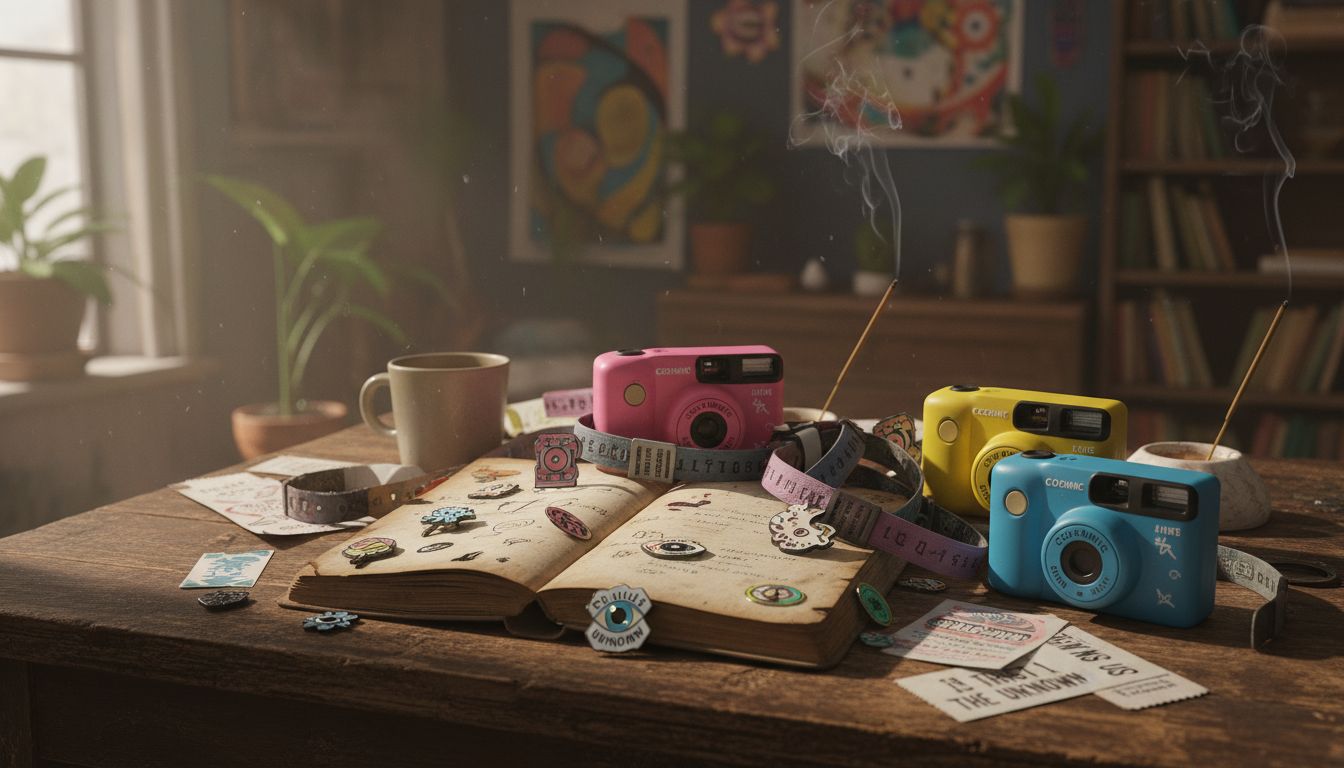Why Every Brand Wants to Be a Cult (But Most Just Start a Book Club)

For years, brands have quietly fantasised about being cults. Not in a kool-aid, vanish-into-the-desert kind of way, but in that rare, aching desire to become indispensable. The kind of loyalty that prompts tattoos, handmade zines, and unsolicited fan fiction. Apple has it. Supreme weaponised it. And Red Bull faked it so well, they sent a man to space.
But here’s the truth: most brands end up with something soft and intellectually flattering instead. They start content hubs. They host community panels. They float ideas like “Our customers are co-creators.” This isn't cult energy. This is an earnest book club. Which is fine, if you're recommending Margaret Atwood. Less impressive if you're selling shoes.
The trick, oddly, sits in the friction. Cults aren’t polite. They require initiation, in-jokes, even a code of dress and language. Most brands are so terrified of alienating anyone that they become nothing to everyone. The ones who win lean in to the weird. They don’t follow trends—they become the setting for them. Think Glossier before the investors got sweaty. Think Liquid Death, whose entire strategy rests on selling water with the energy of a metal band.
So next time a brand says it wants a community, ask what they’re willing to give up for it. Are they brave enough to be misunderstood? To repel the wrong audience? Or are they just handing out bookmarks and hoping someone notices?
But here’s the truth: most brands end up with something soft and intellectually flattering instead. They start content hubs. They host community panels. They float ideas like “Our customers are co-creators.” This isn't cult energy. This is an earnest book club. Which is fine, if you're recommending Margaret Atwood. Less impressive if you're selling shoes.
The trick, oddly, sits in the friction. Cults aren’t polite. They require initiation, in-jokes, even a code of dress and language. Most brands are so terrified of alienating anyone that they become nothing to everyone. The ones who win lean in to the weird. They don’t follow trends—they become the setting for them. Think Glossier before the investors got sweaty. Think Liquid Death, whose entire strategy rests on selling water with the energy of a metal band.
So next time a brand says it wants a community, ask what they’re willing to give up for it. Are they brave enough to be misunderstood? To repel the wrong audience? Or are they just handing out bookmarks and hoping someone notices?